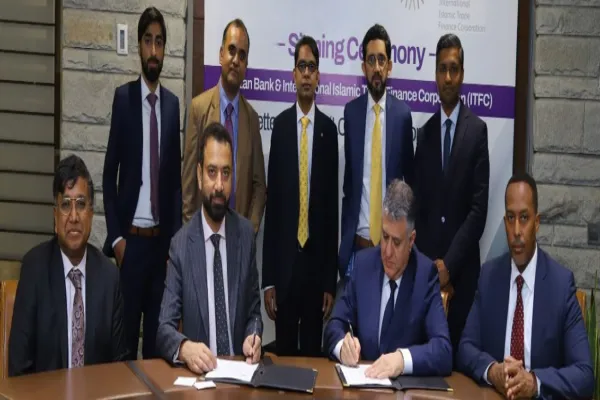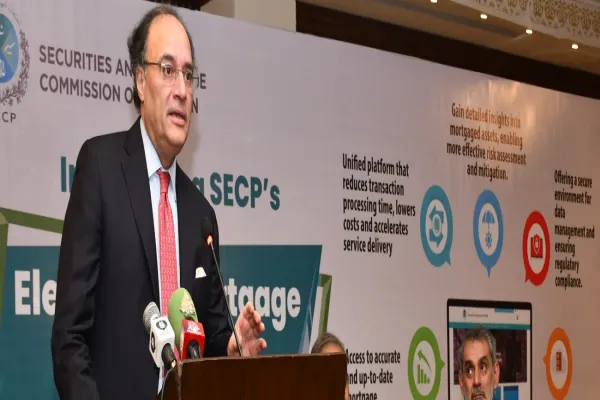i NEWS BUSINESS
President Disposable Food Packaging Association (DFPA), Ahsan Shahid has said that tackling inflation to be most serious challenge for upcoming government as the country the country was in grip of economic crisis due to continuous hike in oil price and depreciation of local currency. In a statement issued here on Saturday, he warned the high cost of doing business has been hurting the economic growth, as the inflation rate bounced back to 32.2% in concluding month, hurting the trade and industry the most, who faced the brunt of a staggering 520% increase in gas prices. Quoting the Pakistan Bureau of Statistics, Ahsan Shahid said that the Consumer Price Index (CPI) surged to 29.2% last month compared to a year ago. The increase was more than market expectations and has lessened the prospects for a cut in the interest rates, which stand at the country’s highest ever level of 24%.
This reading, the first announced by the PBS after the recently concluded International Monetary Fund (IMF) talks, in which the global lender also cut the inflation forecast for Pakistan to 22.8%, may strengthen the IMF’s view of keeping the policy rate unchanged until core inflation starts easing out when the Monetary Policy Committee (MPC) meets. The DFPA President predicted that inflation would remain high and may even increase further due to market frictions caused by relative demand and supply gap of essential items, exchange rate depreciation and recent upward adjustment of administered prices of petrol and diesel. The business leader called for keeping check on government expenditure and high cost of debt servicing to contain budget deficit, as the Pakistan’s federal budget deficit projection has been revised to history’s highest to over Rs6 trillion, highlighting the unending fiscal woes that have pushed the country into a debt trap despite putting additional burden of billions of rupees on industry in the current fiscal year.
Expressing serious concern over the high jump in country’s budget deficit, he said the revision has been made in light of agreement with the International Monetary Fund, which exposed the massive underreporting of expenditures at the time of budget presentation by the finance ministry. This was a highly unsustainable level and has already pushed the country into a situation where debt restructuring seems to be the only viable option. Ahsan Shahid maintained that the failure to reform the tax system and increase revenue collection is a major factor behind heavy domestic and foreign borrowings by the government. In view of the low level of available FX reserves, the debt management strategy of Pakistan may have to be revisited, to ensure the stability of Pakistani rupee and restoration of international capital markets’ confidence in the economy of Pakistan.
The DFPA President expressed surprise at the impact of the gas price hike, stating that it has surpassed market expectations. His analysis suggests that PBS included fixed costs, such as meter rent, in the weekly inflation calculation in addition to the gas tariff hike. The pace of inflation increased in urban areas while there was deceleration in rural areas, reported the PBS. The interim government has increased gas prices with effect from November 1st. Contrary to the claim of increasing prices up to 193%, the PBS report revealed that prices were jacked up as high as 520% for consumers. The people’s purchasing power has massively gone down, and the lenders-pushed energy policies to address fiscal issues through increasing prices have failed to yield the desired results.
Credit: Independent News Pakistan (INP)









